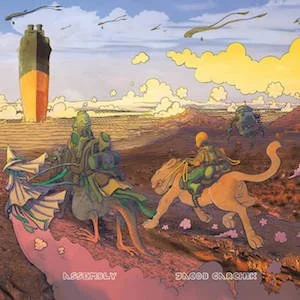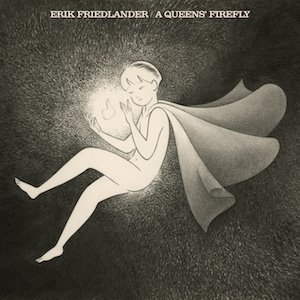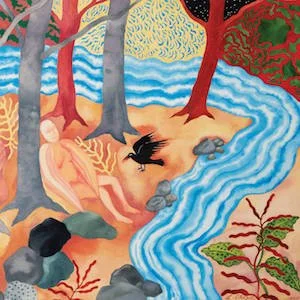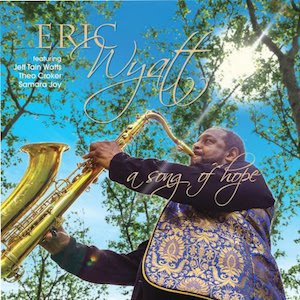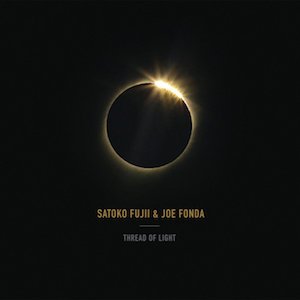Label: Yestereve Records, 2022
Personnel - Jacob Garchik: trombone; Sam Newsome: soprano saxophone; Jacob Sacks: piano; Thomas Morgan: bass; Dan Weiss: drums.
Trombonist/composer Jacob Garchik is anything but a newcomer to the creative jazz world. He's actually one of the most adventurous and in-demand trombonists on the scene, having played with names such as Mary Halvorson, Henry Threadgill, Anna Webber, Ohad Talmor, and Steve Swallow. For his audacious new album, Assembly, he put together a powerful combo whose frontline consists of himself and sopranist Sam Newsome. The triangular association of pianist Jacob Sacks, bassist Thomas Morgan, and drummer Dan Weiss completes the quintet, providing solid rhythmic anchor. Known for his conceptual sonic schemas, Garchik delivers a studio work of collages and musical juxtapositions that blends the experimental and the traditional sides of jazz. With the sonic uncertainty amidst the executional certitude, the way melody and rhythm collide and merge upends expectation.
Kicking off with the quizzical “Collage”, the album immediately baffles as fricative forces emerge from the encounter of an effusive rhythm-changes-based dialogue and a slow, heavy harmonic development demarcated by a swinging hi-hat pulsation. The swing is literally incorporated into “Pastiche” with insightful resolve. The horn players keep blowing bopishly, and Garchik takes off for a solo over bass and drums before the time is doubled for a lightning-fast finale.
“Bricolage” is a showcase for Newsome, who extracts interesting sounds of the soprano over a simple two-note bass figure. Morgan increases the number of notes as Garchik begins punctual counterpoint. It’s all very curious until here, but not as beautiful as when we hear “Homage”, the album’s most meditative piece. It’s a modal experiment based on McCoy Tyner’s “Contemplation”, which overdubs three drum sets, four basses, four pianos, two soprano saxes, and three trombones.
Whereas “Idée Fixe” simulates a ‘broken record’ with loopy ostinatos and occasional swinging motion interference, “Fanfare” employs cascading sequences, counterpoint, and unisons in a masterful setting, going from rambunctious to balladic whenever the group falls into Ellington’s “In a Sentimental Mood”. In opposition, “Fantasia” builds tension from the very beginning, combining the droning, didgeridoo-like sounds of the altered soprano sax with a driving collective post-bop.
Both writing and playing are first class, and the group creates an integration of languages that draw from different domains. We never know what to expect from each track, and that’s the thrill of it.
Favorite Tracks:
04 - Homage ► 05 - Fanfare ► 06 - Idée Fixe

